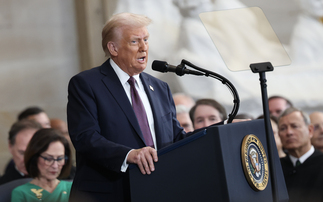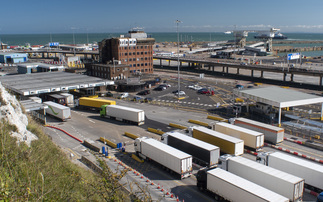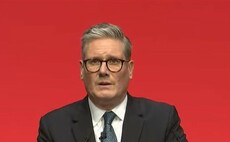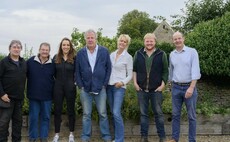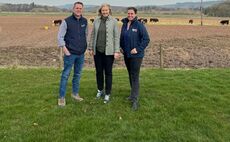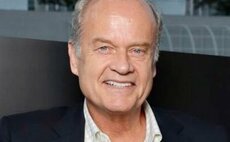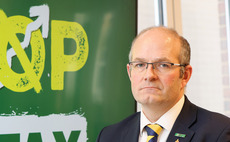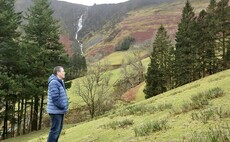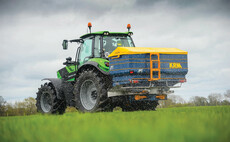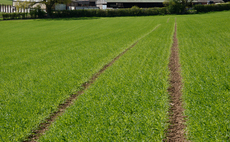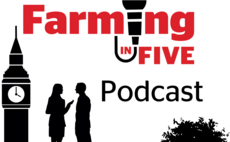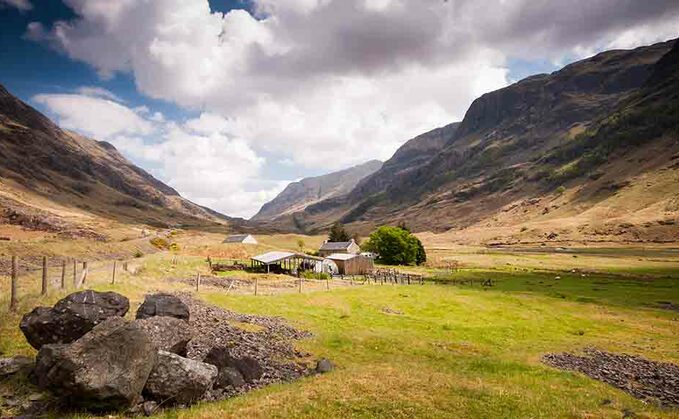
"Sir Keir Starmer has previously said that Wales was a blueprint for the future under Labour, sending shivers down the spines and rolls in the eyes of rural and urban folk alike."
Just over a week since the General Election witnessed a large majority for Sir Keir Starmer's Labour Party in the House of Commons, the political landscape in Britain has changed completely.
Labour won 412 seats, compared to the Conservative's 121, while the Lib Democrats returned 64 additional candidates to the eight it won in 2019, Nigel Farage's Reform won five seats, the Green Party gained 4, the Scottish National Party returned nine candidates and Plaid Cymru won four.
But how has the political landscape changed in Scotland, Wales and Northern?
READ NOW: How the General Election could shake-up rural Britain and farming communities
The Countryside Alliance has analysed the impact of the 2024 General Election and how it could impact Parliamentary elections and rural communities in Scotland, Wales and Northern Ireland over the next two to three years.
Scotland
Jake Swindells, Countryside Alliance director, said: "Boundary changes in Scotland resulted in a reduced number of constituencies from 59 to 57 seats for this most recent general election.
"Labour won 37 of these seats, which has now ended the SNP party stronghold over Scotland seats in Westminster and puts any possibility of another independence referendum under threat.
"At the last General Election in 2019, final voting saw SNP with 48 seats, Conservatives six, Liberal Democrats four, and Labour with just one seat in Scotland.
"This year, the final voting figures saw SNP with nine seats, Conservatives five, Liberal Democrats six, and Labour with 37 seats in Scotland.
"Labour has not been in power in the Scottish parliament since 2007, and the party is hoping that with the recent victory at the General Election, this will catapult it into power in Scotland as well.
"This will undoubtedly be an uphill battle for Labour in 2026, when Scottish Parliamentary elections take place.
"It will need to persuade die-hard independence voters to back Labour if it is to regain power in Scotland.
"With current polls suggesting 45-47% would vote for independence, this is not going to be an easy victory for Labour in converting these seats to red."
Wales
Rachel Evans, director of Countryside Alliance Wales, said: "The General Election has seen a dramatic change in the political landscape in Wales.
"Boundary changes seem to have made little difference to the outcome forecasted by polls and predictions and we saw many long-standing Members of Parliament lose their seats to a sea of red across Wales.
"Plaid Cymru once again took the historic seat of Caerfyrddin with farmer and councillor Ann Davies storming in with over 15,000 votes.
"This seat is if course the seat which Plaid Cymru's Gwynfor Evans took from Labour in 1966.
"Ann is no stranger to the Countryside Alliance as she has campaigned with our Director for Wales several times on the "no pylons" campaign.
"We wish her well in her new role."
Ms Evans said the Welsh Conservatives had experienced a wipe-out of seats in Westminster.
"The Conservative Party was completely obliterated with several Members of Parliament of calibre losing their seats," she adds.
"There is now not one Conservative Member of Parliament in Wales and those ripples will be felt from Westminster all the way to the Senedd in Cardiff Bay.
"The Liberal Democrats fought a knife edge battle in the new constituency of Brecon Radnor and Cwm Tawe and were duly rewarded by taking this seat again from the Conservative Party.
"David Chadwick is now its Member of Parliament and has met with us several times before."
Evaluating further on what Sir Keir Starmer's Labour could mean for rural Wales, Ms Evans added: "Sir Keir has previously said that Wales was a blueprint for the future under Labour, sending shivers down the spines and rolls in the eyes of rural and urban folk alike.
"Wales appears to be struggling, and many feel that a blueprint it is not.
"The Welsh Government does not have a great track record of supporting our countryside.
"It has demonstrated an exceptionally hostile attitude towards game shooting, and the recent disastrous plan for a future Sustainable Farming Scheme saw the biggest farming demonstration outside the Senedd to date.
"It continues to buy up productive agricultural land through Natural Resources Wales to fulfil tree planting targets and has done nothing whatsoever to discourage, or indeed stop, large corporate companies buying up land for mass tree planting, threatening our heritage, culture and Welsh language.
"Outside of the countryside the people of Wales were in uproar at the 20mph changes while the NHS is buckling under the pressure of being under resourced, with record waiting lists and GP surgeries under significant pressure to function.
"Rural Wales, of course, suffers equally to urban Wales when we talk about a reduction in services, yet policies are not rural proofed, yet again.
"Sir Keir met Wales' First Minister, Vaughn Gething, firms up the relationship between both Governments.
"As new MPs make their way to Westminster, Sir Keir chose to make his to the Senedd.
"It is rumoured that he wants to work 'step in step' with Welsh Labour Government.
"It will be a short trip if he takes the rural votes for granted."
Northern Ireland
Gary McCartney, regional director of Countryside Alliance Northern Ireland, said: "As the polls predicted, Labour has become the next Government.
"What will this mean for Northern Ireland, especially as it did not win any of the 18 seats in Northern Ireland nor even have any candidates stand in the country?
"We must acknowledge the previous progress and hard work of the late Labour MP Mo Mowlam, as Northern Ireland Secretary during the last Labour Government, her 'get on with it' attitude helped bring about the Good Friday Agreement.
"Labour has committed to implementing, not renegotiating the Windsor Framework.
"A deal that was done to get Stormont fully up and running has not been fully implemented, so will Labour honour that deal and all commitments the Conservatives made with the DUP to get the institutions back up and running after two years of suspension in Northern Ireland, or will it ignore them?
"While Labour can take some comfort in the DUP's leader Gavin Robinson's recent comments, where he sees no circumstances where the DUP would pull the plug on Stormont again, if outstanding commitments agreed with the previous government are not honoured will this once again bring instability to Northern Ireland's pantomime political system?
"Sinn Fein is also unhappy with some of Sir Keir's comments about a border poll, which he has previously declared not even to be on the horizon.
"His comments will, however, come as a relief to the Unionist parties and perhaps even the Alliance Party, which will not take a position on this constitutional issue."
Mr McCartney said Sir Keir will have to tread very carefully as the Party navigates through Northern Ireland.
He added: "Despite many issues such as agriculture, environment, housing, and health being devolved, one question our rural communities will be seeking clarity on is with Labour having committed to ban hunting, will it answer the Alliance Party's demands and extend any new legislation to Northern Ireland - bypassing Stormont and the devolved institutions?
"Labour will need to very tread carefully as such moves will be perceived as a form of direct rule that would not sit easily with some parties in Northern Ireland.
"On one hand, such a move could collapse Stormont once again or on the other, pave the way for other Labour policies as seen in Wales to be extended to Northern Ireland.
"These would be a clear attack against rural pursuits and the rural way of life.
"Sir Keir is no stranger to Northern Ireland and its delicate political system, having served five years as a human rights adviser to the Northern Ireland Policing Board from 2003.
"Even with Labour's majority he, his cabinet colleagues and the new Northern Ireland Secretary will need to call on all their previous experience in the province to avoid the pitfalls and risks of collapse within the Northern Ireland political system."
READ NOW: General Election countdown: What are the main farming points from each party?








